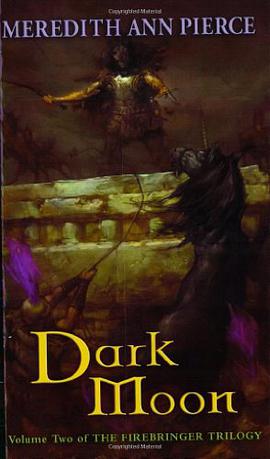

具体描述
In this book, Bojan Bujic sets into an appropriate cultural context the immensely rich life of a composer who is, arguably, the key musical personality of the twentieth century. A major force in the development of modern music, Arnold Schoenberg (1874-1951) is famous for abandoning tonality and introducing the 12-tone 'serial' method of composition. There can be no agreement as to whether Schoenberg is the greatest composer of his time, especially as his innovative musical language did not appeal to all who came after him, but directly or indirectly, he affected so many musicians and listeners of his own and of subsequent generations that his centrality cannot be disputed. In addition to his work as a composer, Schoenberg was an important theorist of tonal music and an enormously influential teacher, with Anton Webern and Alban Berg among his most famous pupils. Brought up in the rich and cosmopolitan cultural life of Vienna, Schoenberg started to play the violin at the age of nine and began experimenting with composition almost immediately, but his education was cut short by the death of his father in 1889. Schoenberg had no formal training in music until he was in his late teens, and throughout his life he remained proud of the fact that so much of what he had absorbed as a youth about music and literature derived from his own tenacity and sense of purpose. Schoenberg first composed in the late Romantic tradition, and his earliest acknowledged works, including the string sextet "Verklarte Nacht", date from the turn of the century. Following a brief interlude in Berlin, where he worked as a cabaret musician and teacher and also wrote the symponic poem "Pelleas und Melisande", he returned to Vienna. Here, he began taking on pupils such as Webern and Berg, and further developed his musical style, in due course causing a sensation with the dissonance of his 'serial' technique and the greater harmonic strangeness and complexity of his material. Schoenberg only returned to something approaching his tonal style decades later, with his "Suite in G" for strings. In 1925, a couple of years after having turned down an offer to become director of the Bauhaus music school because he had been informed of antisemitic tendencies at the institution, Schoenberg moved back to Berlin to take up a post as director of a master class in composition at the Arts Academy, in spite of antisemitic protests appearing in the Zeitschrift fur Musik in reaction to his professorship. Later, when he situation of Jews in Germany became clear to him, Schoenberg increasingly spent time away from Berlin, and finally decided to move to the US in 1933, where he taught in Boston and New York at the Malkin Conservatory. In 1934, Schoenberg moved to Los Angeles, taking up a teaching post at USC and a professorship at UCLA. He lived in Los Angeles, where John Cage became one of his pupils and George Gershwin a good friend, until his death in 1951. There are those who contend that Schoenberg's uncompromising search for an individual voice led him to create music which is too difficult to follow, since many familiar features, which normally enable listeners to find their way through a piece of music, have been removed or radically re-shaped. This is often perceived as the main cause of the isolation of avant-garde music in the late twentieth century, but Bujic argues that these accusations are frequently made before Schoenberg's music has even had a chance to present itself - its difficulty and strangeness are uncritically evoked, often preventing the music from being appreciated in its own right. In this book, Bujic sets out to win more listeners to Schoenberg's music, by introducing his life, work and theories in an accessible, sympathetic manner.
作者简介
目录信息
读后感
评分
评分
评分
评分
用户评价
相关图书
本站所有内容均为互联网搜索引擎提供的公开搜索信息,本站不存储任何数据与内容,任何内容与数据均与本站无关,如有需要请联系相关搜索引擎包括但不限于百度,google,bing,sogou 等
© 2026 book.quotespace.org All Rights Reserved. 小美书屋 版权所有




















